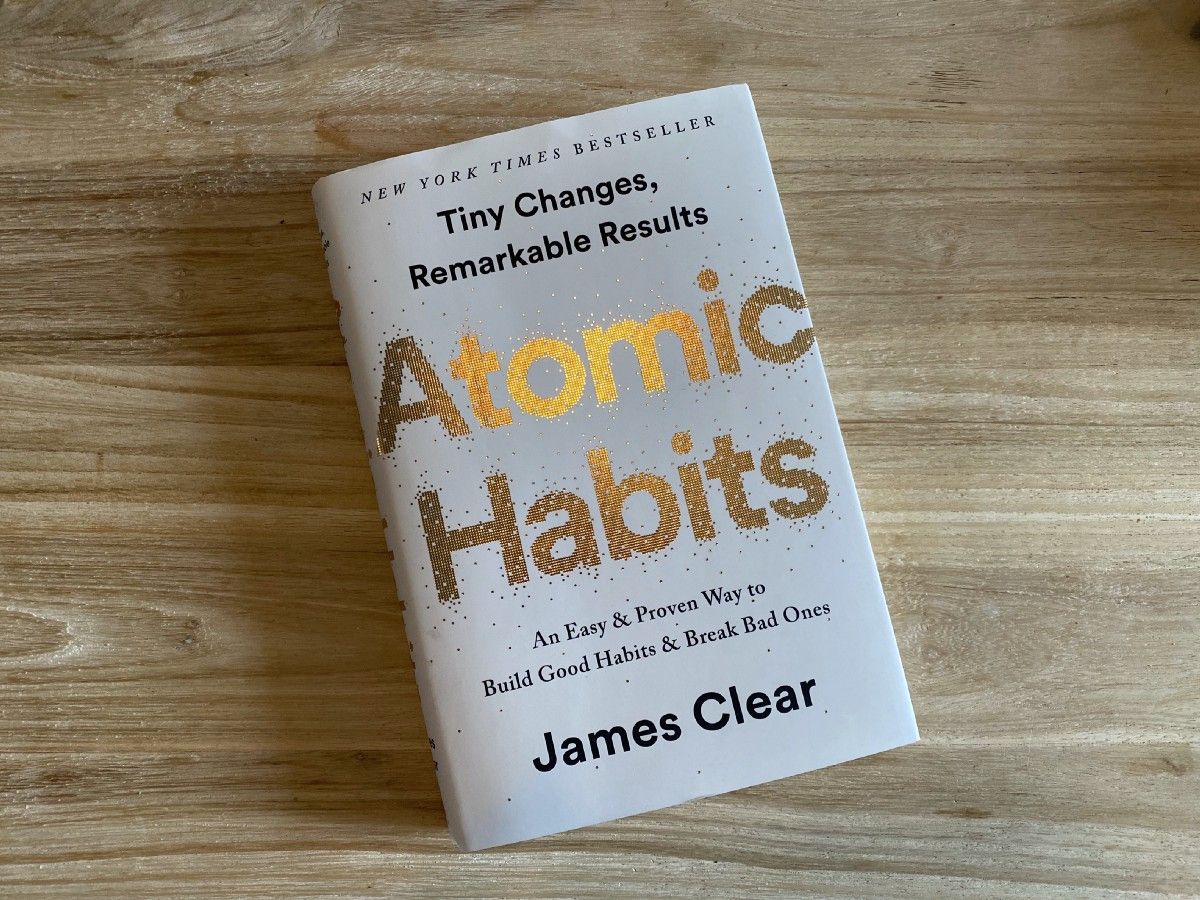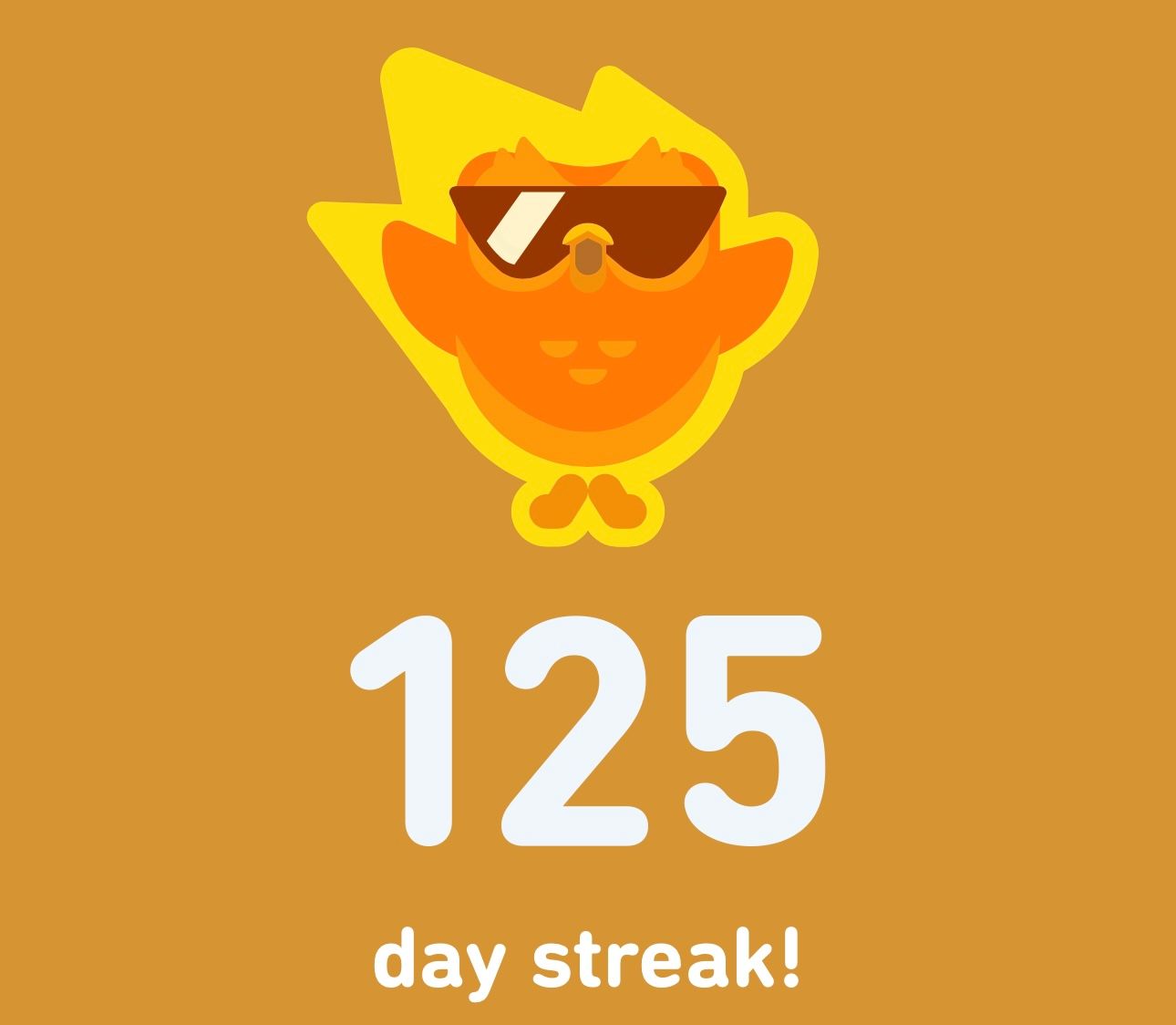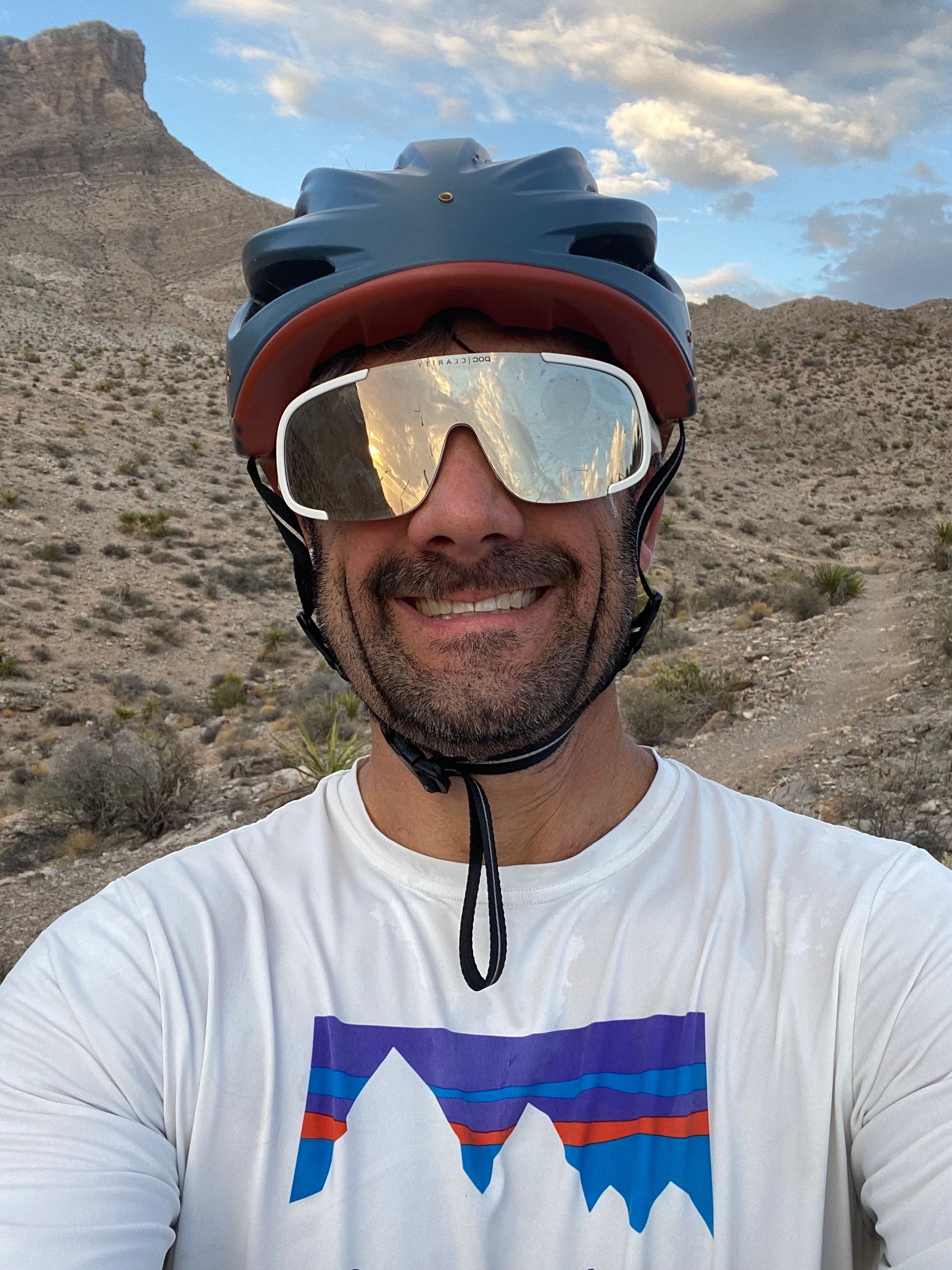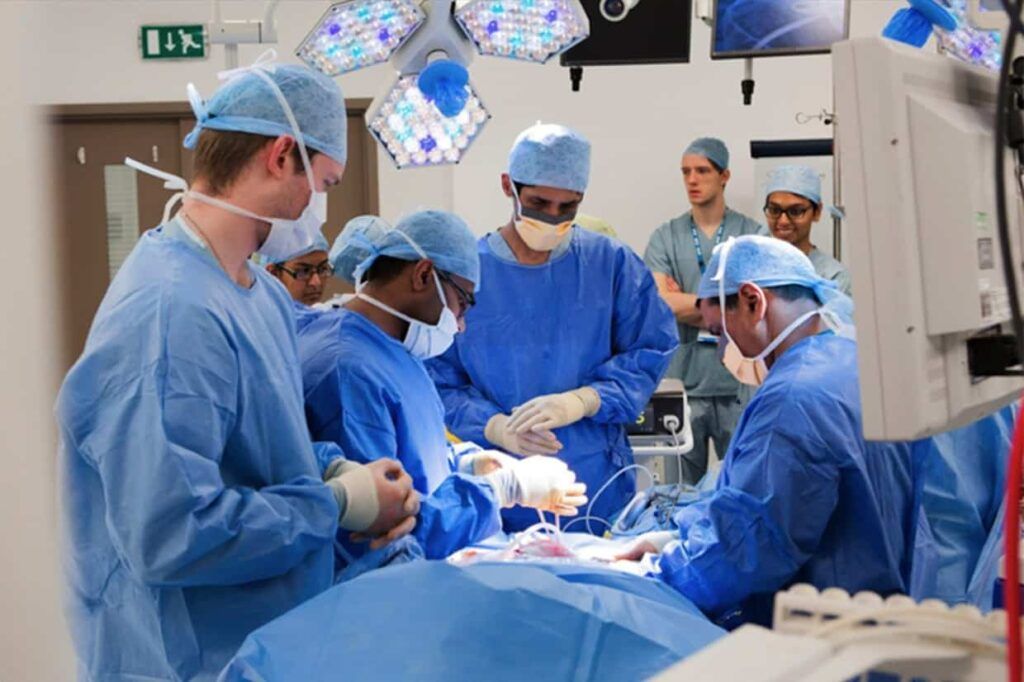Match Advice for the International Medical Graduate
"What you should consider to cross the chasm from international medical student to successfully matched trainee in any specialty"
As an International Medical Graduate (IMG) I matched to my dream specialty, you can too!
If you’re an International medical graduate (IMGs) you make up a significant portion of United States Healthcare providers yet you face significant hurdles when it comes to securing a training position. If you’re a US grad then you have an immediate advantage to matching to your specialty of choice though these tips and lessons may still be very helpful as you put together your story, your fan club and your application.
For the IMGs out there, as an international medical graduate, also known as a foreign medical graduate, you may feel like you’re up against a wall when looking to match into competitive specialties or even to secure a position at a top program in a relatively uncompetitive specialty.
Knowing what I know now, would I do it again?
I went to the Royal College of Surgeons Ireland and I would do it again in a heartbeat. It was the best educational decision I have made.
I’ve reflected on my experience as an international medical graduate and my discussions with colleagues who were educated abroad and trained in the United States across all specialties. Here I describe advice you may consider to help you cross the chasm from international medical student to a successfully matched trainee in any specialty.
Recommendation #1: Think Critically About Your Specialty of Choice Early…Time is Your Friend, especially for the International Medical Graduate
I remember the first days of medical school, you just want to survive. So much to read and learn…”God, just let me pass.”
Once you’ve swallowed that pill and those initial butterflies are behind you it’s time to think critically about your specialty of choice. Surgery or medicine? Of course the choice is harder than this, you may choose psychiatry or pediatrics or obstetrics or pathology and the list goes on.
Students that decided earlier had more time to develop themselves for a successful match.
For some specialties as an international medical graduate you don’t have the luxury to decide to be an orthopedic surgeon or a dermatologist at the last minute, these specialties are a difficult match for US grads. You can use time to develop relationships, write papers, ask some simple questions and find some simple answers.
Time gives you the opportunity to build your story
With that piece of advice I must also stress its opposite. Don’t jump into a specialty. If someone jumped into general surgery because they thought it was awesome but didn’t like the smell of poop or the sight of pus they would be in the wrong place. Medical school is beautiful because the experience gives you the opportunity to see it all, every rotation and every specialty. If there are specialties you’re interested in that didn’t make it on your short list of rotations do a sub-I in that specialty to gain exposure or ask the residents if you can round with their crew on a weekend.
Time gives you the opportunity to travel and get more exposure
Being an international medical graduate also gives you additional opportunities to work with doctors in different specialties in different healthcare systems in different parts of the world. The threshold for traveling to another country is lower and perhaps the network you already have built into the medical school will give you a ton of opportunities for exposure.
For example, I was fortunate to go to Pietermaritzburg. South Africa for a couple of months during the summer between my second and third year of medical school. I spent mornings and days with the neurology team and evenings with the surgery and trauma teams. It was an incredible experience to work with the people in that part of the world. The time and relationships opened my eyes to the incredibly powerful skillset that surgeons acquire over their training.
Recommendation #2: Do Well on the USMLE Step 1
Of course right? So easy! It’s unfortunate that The Match puts increasing emphasis on the USMLE Step 1; however, it does. Don’t live in denial, just study hard and do well.
I interview candidates for general surgery residency and the USMLE step 1 score is utilized as a marker for hard work and seriousness. We know that it doesn’t take a perfect score on the SAT or USMLE or MENSA status to be a great surgeon. Despite this, it is assumed that a high score on the USMLE relates with work ethic.
True or untrue? Whether or not you agree isn’t as important as the fact that the score matters so get the highest one you can.
“Oh, a low Step 1 score, this may be a resident we’ll have to worry about learning the material” or “Wow, 250, they must work really hard and be super smart.”
Are these assumptions true for a particular candidate? Of course not. If you’ve even made it to to the USMLE Step 1 you’re obviously an incredibly smart doctor. You have persevered through undergrad, did well on the MCAT, achieved the success of medical school admission and passed the gauntlet of the preclinical years. I personally don’t put much stake in the USMLE Step 1 but other people do and some programs may use it as a screen to be considered for an interview.
The USMLE Step 1 Puts You on the Playing Field with Your US Peers
One thing is clear, the USMLE Step 1 is the single number that puts you on the comparable playing field with your US grad peers. As an IMG a strong Step 1 score can turn the disadvantages associated with international education into an advantage. With a strong Step 1 score you’re now assumed to be smart and with an international education and experience you now are interesting, different, diverse, exceptional. A low step one score and an international education can lead application reviewers down the “oh, he couldn’t get into medical school in the states” pathway. Avoid this with a strong score.
What happens if you get a low USMLE Step 1 score? How do you recover as an International Medical Graduate?
Receiving that envelope, cracking it open to disappointment is a tough day for anyone. Now you probably open an email. A bad score is not lights out. This is when you’ll thank yourself for building your story early. For building a deep fan club of known people who can support your application. For having a few searchable items in Pubmed. A bad score is just one bullet point on your CV and if you have a lot of bullet points you’ll be fine.
Now that the USMLE Step 1 is Pass/Fail does that change anything?
Changing the USMLE to pass/fail is going to change a couple of things, for one it’s going to force review committees to take your complete application more seriously. You’re going to have to put a little more focus on your story and your fan club rather than just hit a 260 and think you’re set for the specialty of your dreams.
That’s where being an IMG helped me as it created this underdog mentality early in my education, I talked with mentors and started to build my story gradually, focusing it over the years. Keep reading for more on “the story” and I would definitely check out my “So you want to be a surgeon?” blog post to see how I put those early years together and what my life is a little like now.
Recommendation #3: As an International Medical Graduate Build Your Story Early
I’ve always said, whether it’s in general surgery or pediatric surgery or really any other specialty a successful match is really based on two things: Your Story and Your Fan Club. We’ll get to the Fan Club later on, but Your Story can begin early. This doesn’t apply to only the International Medical Graduate but also to US grads and everyone looking to build depth in their specialty of choice.
When I look at an applicant’s CV I want to see a progression of commitment to the specialty. It’s certainly ok and even encouraged to have experiences that jump from topic to topic early; however, as time marches on your story should become more focused.
Commitment to Surgery is Vital
My story towards surgery started with competing and receiving the Barker Prize in anatomical dissection at my medical school, the Royal College of Surgeons Ireland. But then I pivoted and applied and received a grant to study neurobiology as a research fellow during the summer between Year 1 and 2. I bounced around between specialties a bit, found great interest in Urology and then over to Neurology and Infectious Disease. Then I was on a geriatrics rotation and co-authored my first publication on subgaleal hematoma after clopidogrel usage and found satisfaction in adding experience to the medical literature.
In the midst of all of this I had found that general surgery was my path and general surgeons were my tribe. It’s funny because throughout medical school you’re going to be exposed to various specialties and the doctors within those specialties. In my experience there is a common trend that runs through all of the different docs, maybe a personality trait. When you find a theme that you mesh with you may have found your tribe, your specialty, your people.
Surgery was my path, Surgeons are my tribe
After finding my tribe I knew I had to make it clear on my resume. I had to take my interests and my wants and dreams and get them on paper for everyone to see.
One of my mentors would say…”Don’t tell me you want to be a surgeon, show me you want to be a surgeon.”
This advice has echoed in my mind through general surgery training, pediatric surgery fellowship and on to being an attending surgeon. I’ve passed it on to students and trainees over the years and I think it’s critical. Over the years in medical school, DO THINGS that SHOW your commitment to a particular specialty.
What rotations have you done? What papers have you published? Have you secured any research grants or presented at any conferences in your specialty? Have you done sub-internships in your specialty at your institution and others to develop your interests?
Be authentic
Recommendation #4: Find Mentorship, Build Your Fanclub
Part two of the successful match is building your FanClub. You’re going to want to develop relationships with the Chair of your specialty at YOUR program and the program director of your chosen specialty at YOUR program.
Make appointments with them as soon as you’ve decided on pursuing that specialty. In my opinion the earlier the better. And after you’ve established that relationship, build on it…and most importantly…don’t flake out. I repeat, don’t flake out. That time in bold.
If you say you’re going to do a project, do it. One sure fire way to end your future career in the specialty of your choice is if you flake out on your own program’s leadership.
I’m a huge fan of away rotations. They help broaden your experience. People say, what if you make a bad impression? If you’re genuine, humble, hard working, nice and yourself it doesn’t matter how much you know. Be curious, ask questions. You don’t need to be all knowing to be successful on an away, you just need to take it seriously.
I did aways as often as I could. I even took time off, a few weeks here and there from my own program to complete aways that overlapped with vacations. Any time I could do an away rotation I would do one. I did 4 all together…all in general surgery. By my last sub-I, I was on fire. At every away, write a paper and ask for a letter of recommendation.
Be Better than the People Around You. Whatever it takes.
There is a certain style and approach to asking for letters of recommendation. Make an appointment with the chair and program director early in the rotation and give them a packet for your letter. This packet would contain a cover letter about your experience, your curriculum vitae, and all the material they need to write the letter and upload it to ERAS. Be a professional. Be someone they would want to hire.
One piece of advice I think is incredible important for the international medical graduate is to get a supporting letter from a program director or surgery chair in the United States. If you are going to do a rotation in the US as a sub-internship do not do a subspecialty.
Rotate on the Program Director or the Surgery Chair’s Service
If you’re an international medical graduate applying to general surgery do a rotation in general surgery on the program directors service or the surgery chair’s service. Do anything you can to get on one of these two services.
When I rotated at Baystate Medical Center for my first Sub-I I made sure I was on Dr. Richard Wait’s service, the surgery chair. When I did my second Sub-I at Mayo Clinic I made sure I was on Dr. David Farley’s service, the program director. When I did my Sub-I at Northwestern I was on Dr. Nathaniel Soper’s service who was both the program director and the surgery chair. From each of these leaders I obtained a letter of support for my application and waved my right to see them.
Letters from US Program Directors or Surgery Chairs are Very Important
While I can not say this for sure, I do not believe the letters from your home program will be as strong as the letters from your sub-internships in the United States. Especially if these letters are from known surgeons, surgeons who write a lot of letters. And if your letter stands out from the vanilla letters that they write because you were on their service, then all the better.
These letters will serve as fan mail you’ll add to your application for The Match.
Your fan club is important, build it early.
Recommendation #5: Apply As Early As Possible, Don’t Delay
Remember that some programs start seeing applicants, considering and inviting them for interviews beginning the first day of the application cycle. Have your application into ERAS right away, at the earliest possible time. When I talk with applications and it’s later into the cycle and they don’t have their application in I think “lazy and unprepared.” Don’t have someone thing “lazy and unprepared” when it comes to your application.
Remember there are only a few interview spots compared to the number of applicants, maybe a few dozen interviewees for thousands of applications. As an international medical graduate, your goal is to get an interview. Then a new game starts.
The best chance, the best advice, even if you haven’t done any of the above is to have your application in on the first day.
Recommendation #6: International Medical Graduates Should Apply Broadly
I applied to 64 programs, a mix of community and academic programs. There were fellow IMGs who applied to larger number and some a smaller number, mixing in prelim and categorial positions. My approach was that I only applied to categorical and I thought that if I didn’t match I would scramble into a prelim spot as there are usually several open every year.
Maybe it was a poor strategy and things have changed over the years but it worked for me. With 64 programs I had a heap of rejections and landed 17 interviews and I went on most of those.
Apply to programs that are a reach for you, programs that are right at your belt level and also to programs that you perceive as less competitive. Maybe some of these programs will be community programs and maybe there will be a few prelim spots. This will be different for everyone.
Going on these interviews to all types of programs will help define what you want for your training
For some people Mass General may be the BEST training program for them, for others it’s a community program in a more rural region.
As an international medical graduate applying broadly will give you every opportunity, and you’re going to get a heap of rejections so be ready for them. I remember I got a rejection from Ohio almost immediately after submitting my application. Guessing the was the IMG screening computer. You’ll find this, but it’s just part of the experience, Be Teflon, don’t let it get the best of you. I had another program call and tell me to apply to their prelim program because they didn’t take IMGs for their categorical program. No thanks. It’s a journey, it’s an experience and there will be ups and downs.
What do you think? What is your experience? There is a lot of advice out there, check out this recent post from the AMA. Listen to all of the advice you get and bend it to your needs. Good luck!
Also, once you match, check out my post on how to be an awesome resident. I think this advice is applicable to all specialties. Would love to hear what you think!The body content of your post goes here. To edit this text, click on it and delete this default text and start typing your own or paste your own from a different source.










